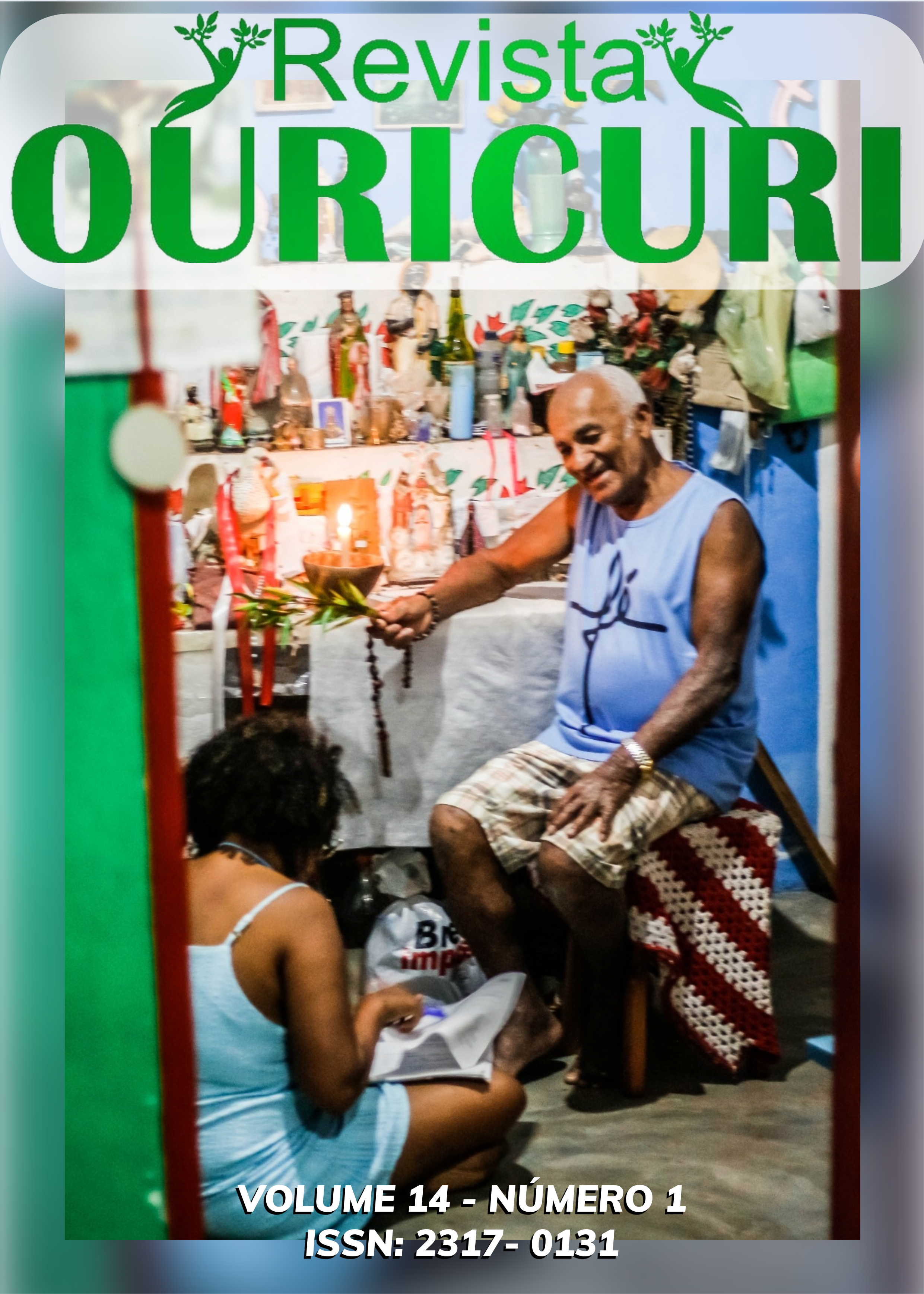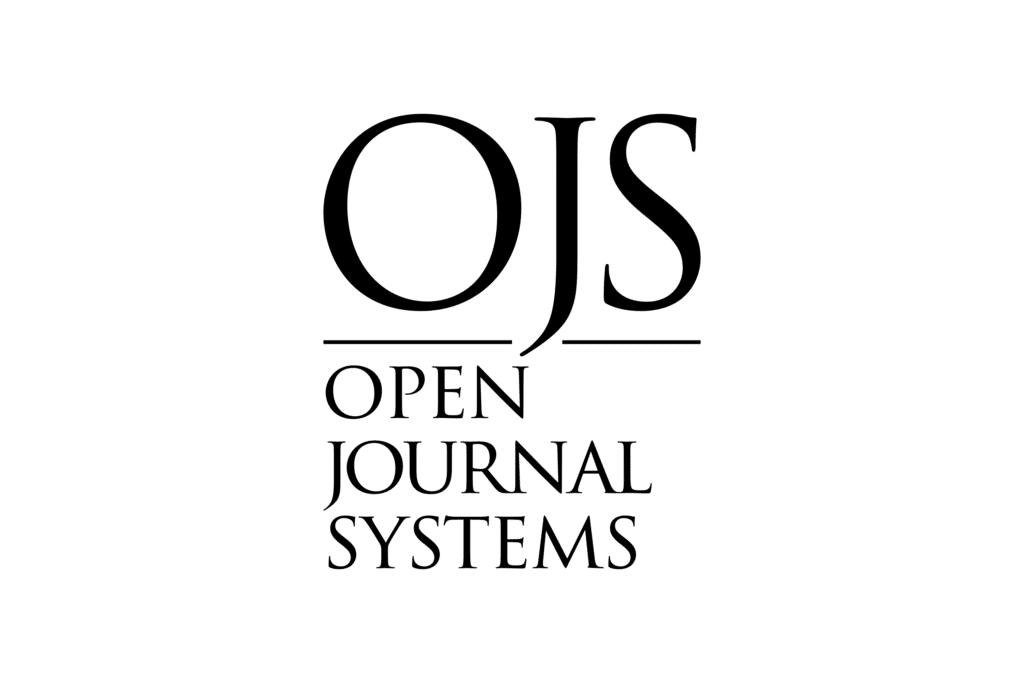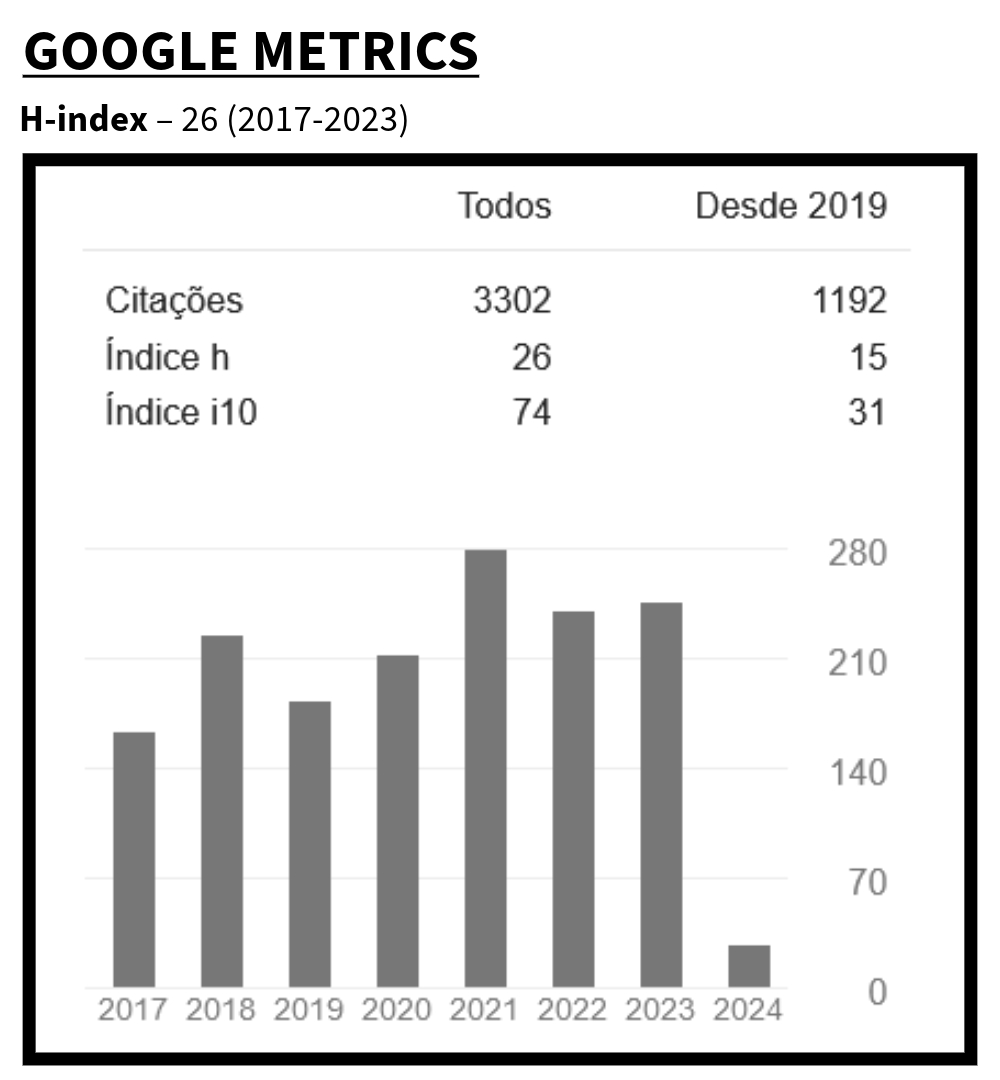Writing and experiencing memories from a not so distant past
From the sewing room to the kitchen, an affective path of my grandmas
DOI:
https://doi.org/10.59360/ouricuri.vol14.i1.a19860Keywords:
Memoirs, movements, past, stories, affective cartographyAbstract
Throughout this article I could relieve some good stories with my loved ones and show how my past influenced the construction of my identity. Throught that I was presented to a place somewhat unknow. So, the purpose of this study was to revisit memories from a ‘not-so-distant past’ and analyse what does it have to do with who I am, currently. I used Rolnik's (2016) sentimental cartography as a methodology, in which she explains the externalization of feelings, through the delineation of movements. Besides that, I also used Assmann's cultural theory (2006), which brought me back to my identity. As a result, I was able to experiment, write, which according to Conceição Evaristo (2020) brings together the words "writing and experience", but the strength of her idea is not only in this agglutination; it is in the genealogy of the idea, how and where it is born and what ethnic and gender experiences it is linked to, and reliving past experiences that, for Estés (2018), is an experience that can touch our soul. Which resonates with the Polylogic of Galeffi (2017), when he says that human life not only can be modified by past experiences, but it also can be formed by them, and so, all the knowledge and wisdom are due to them. So, I concluded that in this process of rediscovering myself the lessons that were taught to me throughout my life, since my grandmothers until these days, played an essential role on the formation of my identity. Therefore, it was of great importance to bring it to light my entire story. Sometimes, as I was digging deep into my past, my feelings have gotten so strong that I could not put them into words. And that it is what makes me say that part of me belongs to my past, part of me belongs to my present, and a tiny little part of me belongs to my future – although it is still unknow.
Downloads
References
Assmann, Jan. Communicative and cultural memory. In: ERLL, Astrid; NÜNNING, Ansgar (Ed.). Cultural memory studies: an international and interdisciplinary handbook. Berlin; New York: De Gruyter, 2006. p. 109-118.
Chiziane, Paulina. O alegre canto da perdiz. Porto Alegre: Dublinense, 2018.
Dicionário Aurélio: On-line de Português. In: Dicionário Aurelio: saudade. 1.0-RC2. 1. ed. On-line: Origem, 2023. 1. Disponível em: https://www.dicionarioetimologico.com.br/saudade/. Acesso em: 6 out. 2023.
Dicionário Etimológico. In: Dicionário Etimológico: saudade. 1.0-RC2. 1. ed. On-line: Origem, 2023. 1. Disponível em: https://www.dicionarioetimologico.com.br/saudade/. Acesso em: 6 out. 2023.
Estés, Clarissa Pinkola. Mulheres que correm com lobos. 1. ed. Rio de Janeiro. Rocco, 2018.
Evaristo, Conceição. Da grafia-desenho de minha mãe, um dos lugares de nascimento de minha escrita. In: DUARTE, Constância Lima; NUNES, Isabela Rosado. Escrevivência: a escrita de nós: reflexões sobre a obra de Conceição Evaristo. Rio de Janeiro: Mina Comunicação e Arte, 2020. p. 48-54.
Galeffi, Dante. Recriação do Educar: Epistemologia do Educar Transdisciplinar. Berlin: Novas Edições Acadêmicas, 2017.
Pires, Caroline; Kluczkosvki, Alana. Comida é memória, afeto e identidade. In: Comida é memória, afeto e identidade. 1.0-RC2. 4. ed. São Paulo: USP, 2021. Disponível em: https://www.fsp.usp.br/sustentarea/2021/04/07/comida-e-memoria-afeto-e-identidade/. Acesso em: 18 out. 2023
Rolnik, Suely. Cartografia Sentimental. 2 ed. Porto Alegre. UFRGS, 2016.
Soares, Lissandra; Machado, Paula. Escrevivências” como ferramenta metodológica na produção de conhecimento em Psicologia Social. Psicologia Política, São Paulo, ano 39, v. 17, n. 39, ed. 39, p. 203-219, 2018
Published
How to Cite
Issue
Section
License
Copyright (c) 2024 Erika Silva Chaves, Maria Inês Corrêa Marques, Urânia Auxiliadora Santos Maia de Oliveira

This work is licensed under a Creative Commons Attribution-NonCommercial 4.0 International License.
Authors who publish in this journal agree to the following terms:
a) Authors maintain copyright and grant the magazine the right of first publication, with the work simultaneously licensed under the Creative Commons Attribution License which allows sharing of the work with recognition of authorship and initial publication in this magazine.
b) Authors are authorized to enter into additional contracts separately, for non-exclusive distribution of the version of the work published in this journal (e.g., publishing in an institutional repository or as a book chapter), with recognition of authorship and initial publication in this journal.
c) Authors are allowed and encouraged to publish and distribute their work online (e.g. in institutional repositories or on their personal page) as this can increase the impact and citation of the published work (See The Effect of Open Access).













 B1 (2017-2020)
B1 (2017-2020)



















